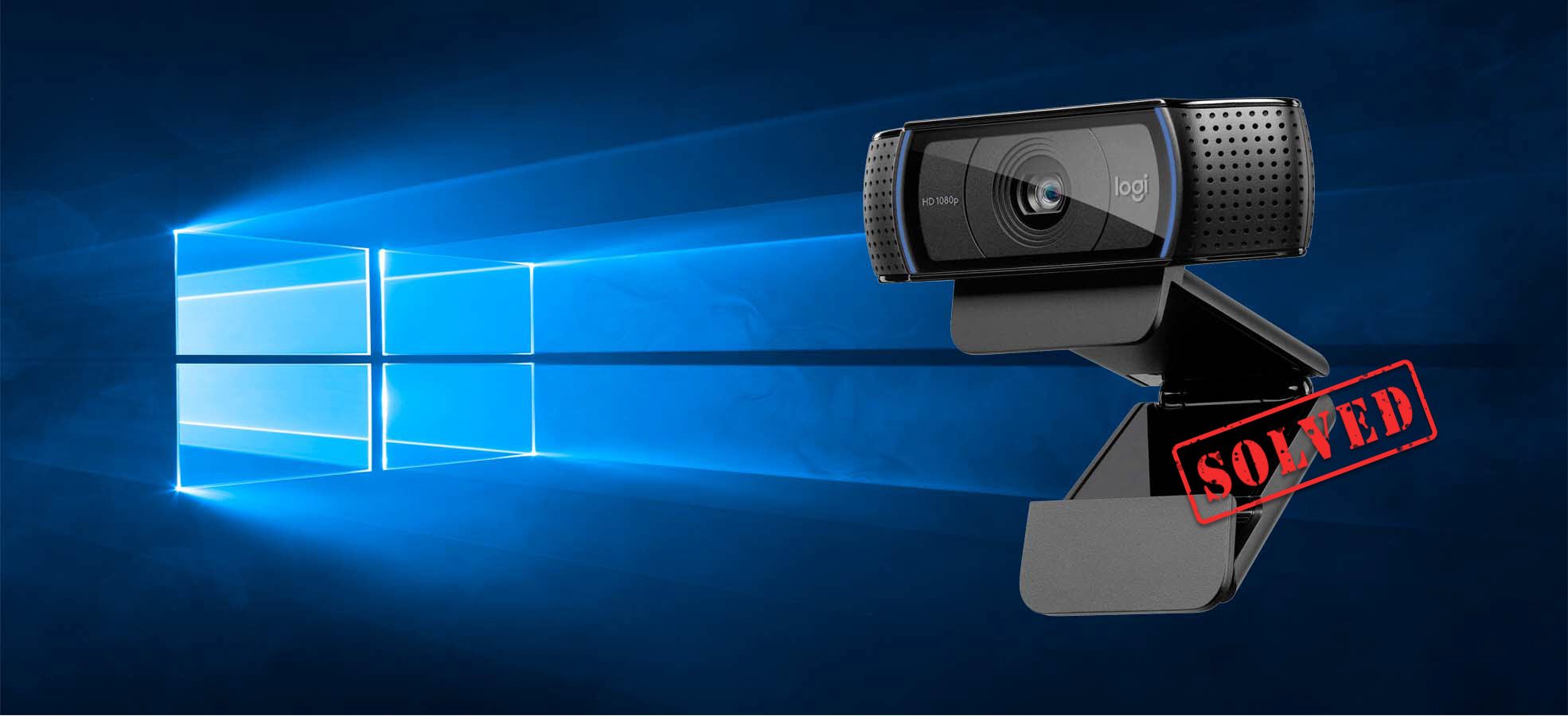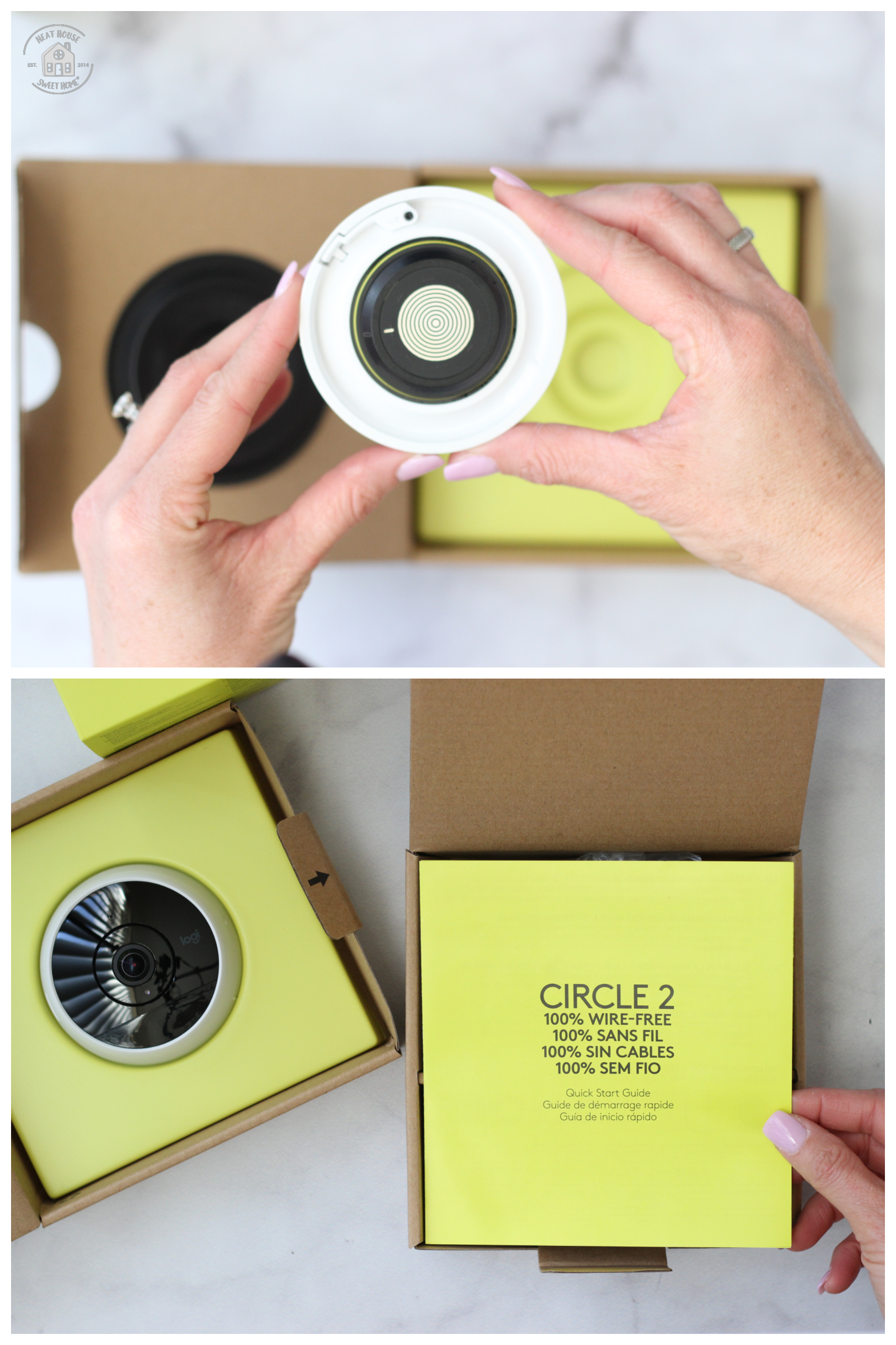

- HOW TO LAUNCH LOGITECH CAMERA SETTINGS HOW TO
- HOW TO LAUNCH LOGITECH CAMERA SETTINGS INSTALL
- HOW TO LAUNCH LOGITECH CAMERA SETTINGS DRIVERS
- HOW TO LAUNCH LOGITECH CAMERA SETTINGS CODE
HOW TO LAUNCH LOGITECH CAMERA SETTINGS DRIVERS
Now compile and run the program: python2 camera_stream.pyīy using this simple python script, we shall be able to access and use the cameras for OpenCV.When your camera isn't working in Windows 11, it might be missing drivers after a recent update.
HOW TO LAUNCH LOGITECH CAMERA SETTINGS CODE
Save the sample code as “camera_stream.py”. # When everything done, release the capture

HOW TO LAUNCH LOGITECH CAMERA SETTINGS HOW TO
The following sample OpenCV python code explain how to open the device video node, set the resolution, grab the frame and then display the frame in preview window. Let us look how to prepare a sample Python application to stream the camera using OpenCV We now have built & installed OpenCV in the Ubuntu PC.
HOW TO LAUNCH LOGITECH CAMERA SETTINGS INSTALL
The following command will build and install OpenCV libraries in the location – “/usr/local/lib/” # GTK development libraries (to allow creating graphical windows)Īfter installing the dependencies, now we need to build and install OpenCV using the following commands:Ĭmake -D CMAKE_BUILD_TYPE=RELEASE -D WITH_TBB=OFF -D BUILD_TBB=OFF -D WITH_V4L=ON -D WITH_LIBV4L=OFF -D BUILD_TESTS=OFF -D BUILD_PERF_TESTS=OFF. # OpenGL development libraries (to allow creating graphical windows) # Video4Linux camera development libraries $ sudo apt-get install libavformat-dev libavutil-dev libswscale-dev

# libav video input/output development libraries Install the dependencies from the following commands: OpenCV requires the following dependencies to work with the USB cameras. Let us start from building the OpenCV and its dependencies in Ubuntu PC.ĭownload the required OpenCV version for Linux from the following command We’ll see step by step procedure on how to access the See3CAM_130 camera from a simple OpenCV-Python application, which will grab the frame from camera and display in the preview window. These cameras are UVC-compliant that has Plug & Play support on Windows/Linux which does not require to install additional device drivers manually.įor this sample application, we are going to use e-con Systems™ 13MP Auto focus USB 3.0 camera – See3CAM_130. See3CAM is the USB 3.0 camera series from e-con Systems™. This blog is intended to show how to access and use the cameras for OpenCV by using a simple Python script. Open Computer Vision (OpenCV) is an open source BSD licensed image processing bundle that contains functions for all type of image processing functionality from basic image decoding, enhancement, color space conversion, object detection, object tracking and so on. In this blog we explained how a simple python script can be used to stream the color camera with OpenCV Python.įor more advanced features like support for standard UVC controls and Image capture options along with camera streaming, you may refer the following blog:


 0 kommentar(er)
0 kommentar(er)
